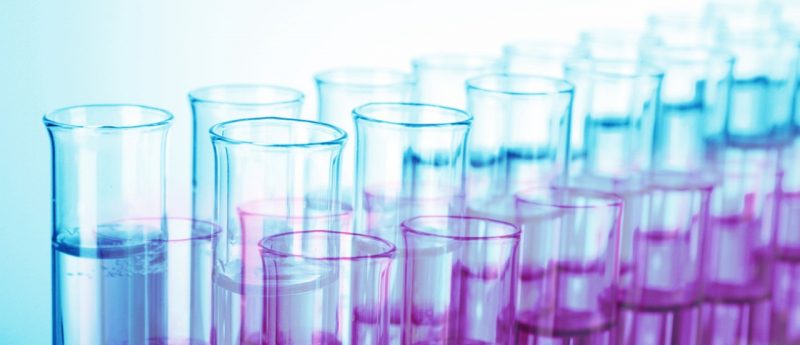Quantitative biology center receives funding for next-generation protein analysis

The University of Wisconsin-Madison (UW-Madison; WI, USA) has received a 5-year grant to establish the National Center for Quantitative Biology of Complex Systems. The research team hopes that the new center will provide a hub for training and the development of next-generation protein analysis technologies.
While MS is already capable of recognizing proteins, researchers hope that new techniques can be developed to speed up protein analysis in a leap akin to the vast increase seen in genetic research in the last 20 years. Parallel processing is an area of particular interest in the development of new approaches to protein quantification. David Pagliarini (UW-Madison) commented: “…we plan to push the limits on pace, depth, throughput.”
The new Center has been granted US $6 million from the NIH. Josh Coon (UW-Madison) adds that it will both develop and make accessible new protein analysis technologies: “These are complicated, high-end instruments that hundreds or thousands of biomedical researchers who are funded by the NIH need access to. There are many problems that are not solved with current technology, and that high-throughput mass spec can address.”
Of particular interest are the areas of lung cancer and diabetes. “We have researchers who want to examine proteins related to the function — or failure — of the pancreatic cells that make insulin,” added Coon.
Co-investigator Lingjun Li (UW-Madison) will develop markers for the identification of individual samples after they have been mixed for MS analysis and Coon will develop metabolic tags for protein tracking. “We are not developing technology in a vacuum,” remarked Li, “but with specific biomedical needs in mind. Our methods will be broadly available to NIH researchers, and they will be the test bed that validates our methods, and will further push technology development.”
Pagliarini added that the team “will serve as a bridge between technology development and biological applications. Our future collaborators have made clear that they have biological problems waiting for solutions in new technology. Our emerging tools are sure to help jumpstart their projects.”
“The NIH wants the center to invent and disseminate technologies,” concluded Coon. “We hope to do for proteins what high-throughput sequencing has done for genomic studies.”
Source: http://news.wisc.edu/new-uw-madison-center-offers-ultra-speed-protein-analysis/



